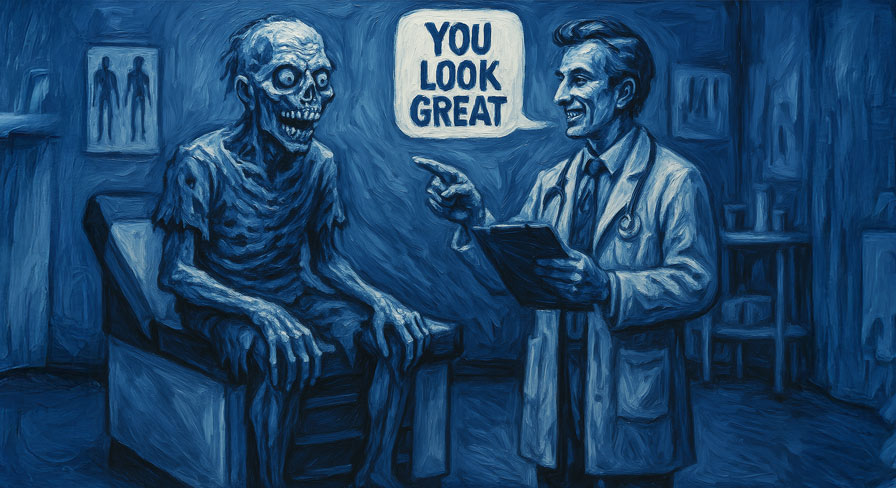Preface: It’s a little-known fact, but before IU Australia internalised its services, it began as something of a self-appointed watchdog; acting as a kind of bridge between the trading and investment community and the broader financial services world. Early on, my role focussed upon meeting with advisors, brokers, educators, and especially managed service providers from across Australia, to identify those who—at the very least—had genuine intent toward their clients. The IU website initially served as a curated portal, highlighting overlooked yet outstanding services that met our standards for integrity and quality. That origin – and its underlying ethos – still shapes our thinking today.
The Financial Advice Paradox
Here’s the uncomfortable truth: those who most need quality financial guidance are precisely those least equipped to recognise it. When you lack the knowledge to evaluate what you’re hearing, you become vulnerable to persuasive messaging rather than sound advice. The paradox is cruel—if you knew what good advice looked like, you wouldn’t need it so badly. But not knowing is exactly what makes you susceptible to confident-sounding nonsense, harmful recommendations, or strategies driven by short-term gains rather than a disciplined, long-term vision. If you can’t distinguish good advice from bad, you’re exactly who needs it most urgently.
Self-directed investors and traders, in particular, face a unique dilemma. Immersed in a world of market fluctuations and complex trading strategies, it’s easy to become overconfident in one’s own interpretations and dismiss the critical insights that could improve decision-making. When every market tip and trend seems to validate your own perspective, discerning between bias and genuine opportunity becomes increasingly challenging.
Listen to a conversational review of this article:
Trust Those Willing to Tell You Hard Truths
Would you trust a doctor who watched your health deteriorate because they were unwilling to criticise your harmful routines? Or worse—a doctor who actually profited from your worsening condition?
Of course not. Yet in finance, we often settle for the exact opposite. We naturally gravitate towards advisors who echo our desires rather than confronting our mistaken assumptions. This tendency is especially dangerous for those who self-direct their investments, as it can lead to a dangerous cycle of complacency and self-deception.

The advisors truly worth your trust are those willing to engage in challenging conversations, including:
- The ones who highlight inconsistencies in your asset allocation and risk management strategies
- Those who question your overexposure to volatile markets or overly aggressive trading positions
- Professionals who scrutinise your reliance on speculative signals over rigorous analysis
- Experts who point out when your market expectations are misaligned with realistic trading conditions
This financial “tough love” isn’t about being harsh—it’s the purest form of professional care. It’s offered at the risk of making you uncomfortable or even losing your business, but it is always delivered with your long-term financial stability in mind.
Breaking the Cycle
The solution to this paradox lies in recognising the value of constructive discomfort. When you are open to challenging feedback, you position yourself to make more informed decisions rather than falling prey to market hype or unchallenged assumptions. For self-directed investors and traders, this means developing an internal discipline that embraces rigorous self-scrutiny.
- Seek advisors who ask difficult questions – If they aren’t challenging your assumptions or scrutinising your decision-making process, they are not truly serving your long-term interests.
- Value transparency over comfort – The truth about your trading performance or investment approach might be hard to accept, but it’s the foundation upon which genuine progress is built.
- Be wary of those who never disagree – True expertise sometimes means pushing back against your preferences and questioning the underlying rationale of your trades.
- Recognise that financial resilience, much like physical health, often requires hard choices and strategic changes – The most effective advisors will tell you when your current approach is unsustainable.
The financial professionals most deserving of your trust aren’t those who simply affirm your biases. They are the ones brave enough to confront you with uncomfortable truths, knowing that only through genuine critique can you evolve as an investor and trader.
Remember: In a world awash with voices eager to tell you what you want to hear, the most valuable advisor is the one courageous enough to tell you what you need to know—even when it is the last thing you want to hear.
